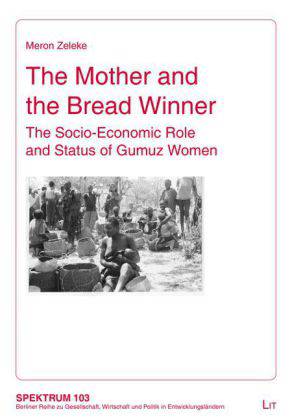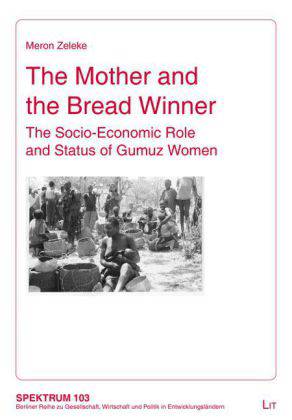
- Afhalen na 1 uur in een winkel met voorraad
- Gratis thuislevering in België vanaf € 30
- Ruim aanbod met 7 miljoen producten
- Afhalen na 1 uur in een winkel met voorraad
- Gratis thuislevering in België vanaf € 30
- Ruim aanbod met 7 miljoen producten
Zoeken
€ 29,45
+ 58 punten
Omschrijving
The book examines the interplay between technology, social organization and gender, based on an ethnographic study among the Gumuz in the Benishangul region of Northwestern Ethiopia. It draws on and criticises the analytical framework built by Boserup (1970) and further refined by Goody (1976), i.e. that the type of farming technology a society uses determines its social organizational principles (particularly marriage practices) and defines gender roles and statuses. Accordingly, traditional societies who practice hoe-farming depend on female agricultural labour, and this neccessitates a need for compensating the birdes family in the form of bride wealth payment. Furthemore , the high valuation of female labour induces a polygamous form of marriage.
This crucial economic role of woman is stipulated.
This crucial economic role of woman is stipulated.
Specificaties
Betrokkenen
- Auteur(s):
- Uitgeverij:
Inhoud
- Aantal bladzijden:
- 152
- Taal:
- Engels
- Reeks:
- Reeksnummer:
- nr. 103
Eigenschappen
- Productcode (EAN):
- 9783825819828
- Uitvoering:
- Paperback
- Afmetingen:
- 136 mm x 205 mm
- Gewicht:
- 160 g

Alleen bij Standaard Boekhandel
+ 58 punten op je klantenkaart van Standaard Boekhandel
Beoordelingen
We publiceren alleen reviews die voldoen aan de voorwaarden voor reviews. Bekijk onze voorwaarden voor reviews.











